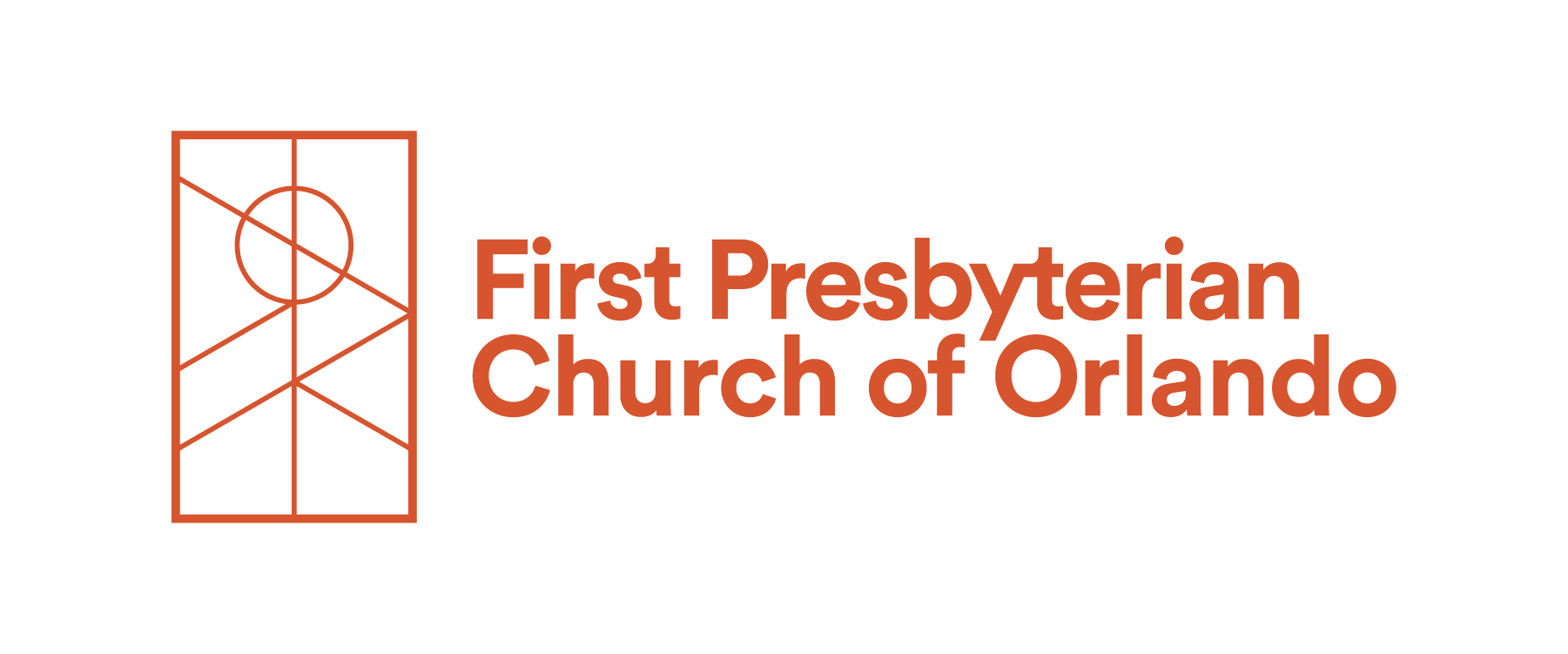A Christian Response to the SCOTUS Decision by Dr. David D. Swanson June 27, 2022
Hear Dr. Swanson’s Imago Dei Remarks from June 26:
The famed Danish existentialist philosopher, Soren Kierkegaard, once told a story about a robbery at a jewelry store. The robber broke into the store, but nothing was stolen. He simply rearranged the price tags, making things of great value suddenly cheap while making cheap things objects of great desire. The surrounding community became mired in confusion as they struggled to understand the value of what they had.
It seems an apt description for where we have landed in this current cultural moment. We are a confused people, but that should not surprise us. For decades, our culture has been sliding gradually away from belief in God toward ideologies of individualism and secular humanism. The modern self is now in the position of authority. Each person is free to do, think and believe what they want and each person’s belief system is equally valid. You cannot judge me and I cannot judge you and those freedoms are absolutely inviolate. For that reason, the response to the SCOTUS decision has been impassioned to the point of rage and violence.
On the other hand, a biblical view of this same cultural moment provides a stark contrast. We believe in the holiness and glory of God, a God good and perfect in nature. God is also our Creator, the One who out of nothing created and gave human beings life. Further, those created human beings bear the image of God. If we bear God’s image, then each one of us possess inherent worth and value. Surely this is to be celebrated!
God then demands that what bears God’s image be protected. God inculcates this in the sixth commandment saying, “You shall not murder.” What’s more, God has been present with all creatures since their beginning. Psalm 139:13 declares, “You created my inmost being; you knit me together in my mother’s womb.” Thankfully, we are not accidents resulting from mere chance, a random bang in a meaningless universe, but the cherished children of a good and gracious God.
Life, therefore, is good, regardless of the circumstances by which it came to be. If God decides to create a life, then God is able to bless and use that life according to God’s good and perfect will. This notion of submitting to the will of an almighty, authoritative God, especially in circumstances beyond our understanding, may be where secular culture struggles the most. This violates secular notions of individual freedom, but the cross, for Christians, tells us something different. Paul writes in 1 Corinthians 6:20, “You have been bought at a price; therefore, honor God with your body.” Through God’s atoning work for us at the cross of Jesus Christ, we are now free to live according to His will. It means we serve and love, unconditionally and compassionately, as best we can in our finite humanity.
It also means that we must be prepared to deal with the consequences of the decision. It means we must become radically engaged in supporting adoption and fostering. It means we must create structures to care for women as they carry their babies to term. We do this for the same reason that we have built hospitals and mission outposts for the poor and suffering. We value life.
Finally, if you have read this far, I want you to see where the logic/philosophy of secular culture ultimately leads. French philosopher John Paul Sartre said “there can no longer be any a priori notion of good, since there is no infinite and perfect consciousness to think it. It is nowhere written that the good exists, that one must be honest or must not lie, since we are now on the plane where there are only human beings. Everything is indeed permitted if God does not exist.”
If we continue to insist there is no God, where does that lead us? It leads to the collapse of meaning. We exist only on the plane of human beings. It’s just your view against mine. All notions of good disappear, everything is permitted, and the meaning which we thought existed collapses in a heap of sorrow and darkness.
For that reason, I believe there is a better story, one of an eternal God who gave you life and stamped you with God’s image. It is a belief that calls us to a purposeful life in which we serve those whom God has made, those who possess the beauty of His image, one reflected in every single life.
For more about the SCOTUS decision from the EPC click here.
